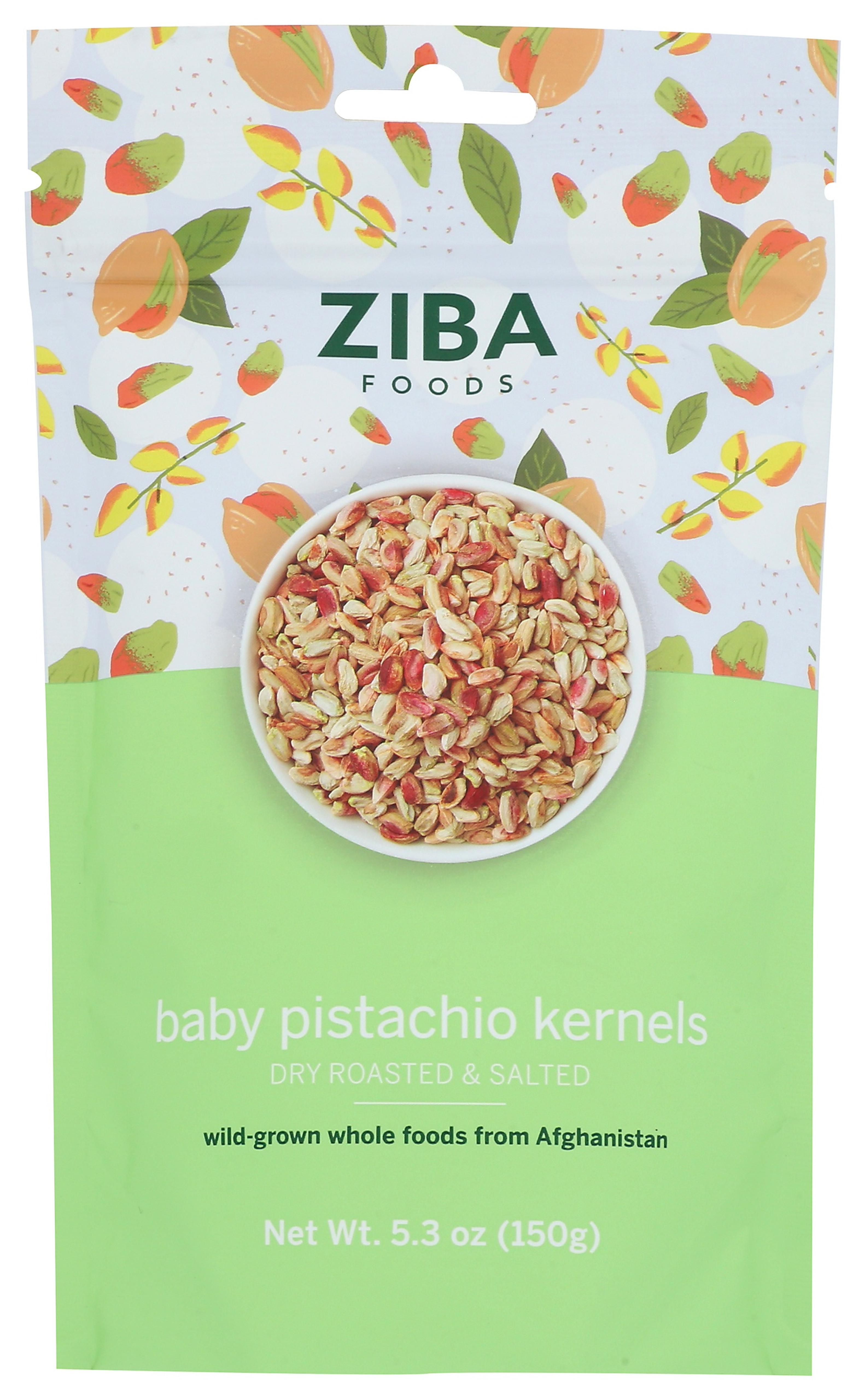Best Diets to Prevent Diabetes: Using Food to Keep Your Blood Sugar In Check

Written by Chad Birt on Wed Dec 20 2023.

Up to 98 million American adults have prediabetes or abnormally high blood sugar. Unfortunately, more than 80% of these people don’t know it, making them more likely to develop chronic health problems. The easiest way to keep your blood sugar within the healthy range is to visit your doctor annually. But you can also make healthy lifestyle changes, like eating a balanced diet.
Here, we take a closer look at the best diets to prevent diebetes. This article features tips from registered dietitian nutritionists Kelsey Costa, MS, RDN, and DJ Mazzoni, RD, MS. It explains why certain diets help regulate blood sugar and discusses some of the dietary options those with high blood sugar should consider.
How Does My Diet Affect My Blood Sugar?
When you eat food or drink a beverage, it's broken down into blood glucose (sugar). All the cells in our bodies need glucose for energy, but if blood sugar levels spike, it can cause nerve damage, circulatory problems, and infection.
“Consuming a diet rich in fiber, whole grains, and lean proteins can help moderate blood sugar levels,” explains Costa. “But consuming excessive amounts of refined carbohydrates and sugars can lead to higher blood sugar levels, potentially increasing the risk of developing diabetes.”
Though anyone can develop diabetes, certain factors increase your risk, including genetics, excess weight, and not getting enough exercise.
What Is The Best Diet to Prevent Diabetes?
Costa and Mazzoni say several diets can help prevent diabetes, including:
The Plant-Based Diet
The plant-based diet emphasizes whole, plant-based foods, such as fruits, vegetables, whole grains, legumes, nuts, and seeds. “This diet is rich in fiber and low in sodium, added sugars, saturated fats, and refined carbs,” Costa says. “All of which are key factors in managing blood sugar levels.”
Indeed, researchers have confirmed that the minerals and nutrients in plant-based foods promote insulin sensitivity. And when your cells use insulin the right way, you’re less likely to develop diabetes.
The Mediterranean Diet
The Mediterranean Diet is an eating plan inspired by the food cultures of Greece, Italy, Spain, and France. It emphasizes plant-based foods and unprocessed items but allows for lean proteins, healthy fats, and even red wine. Researchers have confirmed this diet’s blood sugar-regulating benefits. One study, published in the journal Nutrients, found it significantly reduced A1C levels. Another found that it reduced the risk of heart disease, a common side effect of diabetes.
Low Carb Diets, Including The Ketogenic (Keto) Diet
“Low-carb and ketogenic diets are clinically shown to reduce the risk of developing diabetes in patients with prediabetes,” Mazzoni explains. “That’s because carbohydrates cause the greatest spikes in blood sugar.”
Carbohydrates are macronutrients, like fat and protein. Your body needs them to function optimally, but a diet high in certain carbs can lead to problems quickly, especially if you have high blood sugar. Case in point: simple carbohydrates. These carbs are composed entirely of sugar. They give your body a quick burst of energy, but cause your blood sugar to spike.
Low-carb diets, like the Keto diet, replace simple carbohydrates with complex ones. Complex carbs take longer to digest and have less of an immediate impact on your blood sugar.
Best Diets to Prevent Diabetes - The Most Important Takeaways
Everyone’s nutritional needs vary, but diets to prevent diabetes all have two things in common: A focus on eating fiber and a reduction of added sugars/sweeteners and simple carbs.
“Consuming fiber slows the absorption of sugar into your bloodstream and prevents erratic spikes in blood glucose,” Costa says. “Meanwhile, reducing the intake of added sugars and refined (simple) carbohydrates helps avoid unnecessary increases in blood sugar.”
Foods That Can Help Regulate Blood Sugar
It’s essential to talk with your doctor or another qualified healthcare provider if you’re thinking about changing your diet to prevent diabetes. However, there are various foods you can add to meals and snacks to reduce the risk of sudden spikes, including:
1) Nuts and Seeds
“Nuts and seeds are high in dietary fiber and healthy fats, which help slow the absorption of sugar into the bloodstream,” Costa explains.
Diabetes-friendly nuts and seeds include:
Pistachios
Cashews
Macadamia nuts
Almonds
Peanuts
Pumpkin seeds
Flax seeds
Try Ziba Foods baby pistachio kernels. They’re loaded with nutrients, including protein, fiber, and healthy fats.
2) Fresh Fruit
“Fresh fruits, like berries, are rich in antioxidants and fiber, which can slow down the digestion and absorption of carbohydrates. Thus helping to regulate blood sugar levels,” Costa says.
Since many fruits contain high amounts of sugar, it’s important to do your research. The Mayo Clinic says one serving of fruit should have 15 grams of carbohydrates or less. Eat fresh, whole fruit whenever possible, as canned and preserved fruits often have added sugar and preservatives.
Diabetes-friendly fruits include:
Peaches
Berries
Apricots
Apples
Oranges
Pears
Kiwis
Carewell Tip
Conversely, you may want to avoid fruits with lots of sugar, such as watermelons, pineapples, and bananas.
3) Non-starchy Vegetables
“Non-starchy vegetables like leafy greens, broccoli, and bell peppers are low in carbs and high in nutrients and fiber, making them ideal for blood sugar control, Costa says.” Starchy vegetables, on the other hand, contain lots of starch, a carbohydrate that the body converts to sugar. They also have less fiber, so you need to eat more of them to feel full.
Diabetes-friendly vegetables include:
Carrots
Broccoli
Zucchini
Cabbage
Spinach
Cucumbers
Lettuce
Starchy vegetables diabetics may want to avoid include potatoes, corn, peas, and butternut squash.
4) Legumes
“Legumes such as lentils and beans are rich in complex carbohydrates and fiber, which provide a slow, steady release of glucose into the bloodstream, aiding in the maintenance of stable blood sugar levels,” Costa explains.
Several types of legumes are especially beneficial, according to the American Diabetes Association. For example, kidney, pinto, and black beans all contain vitamins as well as magnesium and potassium –– essential nutrients that help regulate blood sugar.
Try Bob’s Red Mill 13 Bean Soup Mix. This high-fiber soup from Bob’s Red Mill contains 13 different beans. It doesn’t have any seasoning, so you can get as creative as you want! Mix in ground beef or chicken and make a hearty chili. Or add zucchini, bell peppers, and onions for a delicious vegetable soup.
Have Questions About Diabetes and Nutrition? We Can Help!
If you or your loved one have been diagnosed with prediabetes, you probably have lots of questions. After all, changing food habits can be challenging, especially if you don’t cook often or live on a fixed income. Thankfully, eating a healthier, more balanced diet is possible. Our friendly Care Specialists regularly assist individuals and family caregivers with diet and nutritional inquiries. Whether you have questions about a specific product or simply want some additional insights on feeding and nutrition, we can help. Call (800) 696-CARE or send an email to support@carewell.com.
Best Diet to Prevent Diabetes - Commonly Asked Questions
1) How often should I have my blood sugar checked?
“Try to have your blood sugar checked at least once a year, provided you aren’t experiencing any unusual symptoms,” Costa says. “Those with a family history of diabetes, overweight or obese individuals, and those with high blood pressure or high cholesterol levels might need more frequent checkups than those without diabetes risk factors.”
2) How can I prevent prediabetes from worsening?
Costa says there are several things you can do to prevent prediabetes from evolving into type 2 diabetes. Specifically, she recommends exercising regularly, losing excess weight, and getting adequate sleep.
“Exercise helps lower blood sugar by increasing insulin sensitivity, which allows your cells to use available sugar in your bloodstream more effectively,” she explains. “Weight loss, particularly reducing fat around the abdomen improves the body’s ability to regulate blood sugar. And, adequate sleep contributes to balanced hormone levels, particularly insulin and growth hormones, which play a crucial role in regulating your blood sugar levels.”
3) Do I need to visit my doctor if I’m worried about prediabetes?
Yes. Eating a healthy diet and making certain lifestyle changes can help prevent your blood sugar from spiking, but you must work closely with your healthcare team. “This may include regular checkups, medication management, and regular monitoring of blood sugar levels,” Costa says.
4) Are carbohydrate-rich diets bad?
Not necessarily. As we previously mentioned, carbohydrates serve an important dietary function, but excess amounts can present risks. “Carbohydrate-rich diets are not inherently harmful,” Mazzoni says. “Many traditional cultures eat diets that are high in carbohydrates and some of these cultures are essentially free of diabetes. The modern American diet contains ultra-processed foods that can worsen metabolic function,” which is why it’s so important to be mindful of carbs.

Chad Birt is a freelance medical writer who resides in Astoria, Oregon. When he isn't behind a keyboard, you can find him hiking, camping, or birdwatching with his wife Ella and their two dogs, Diane and Thoreau.

